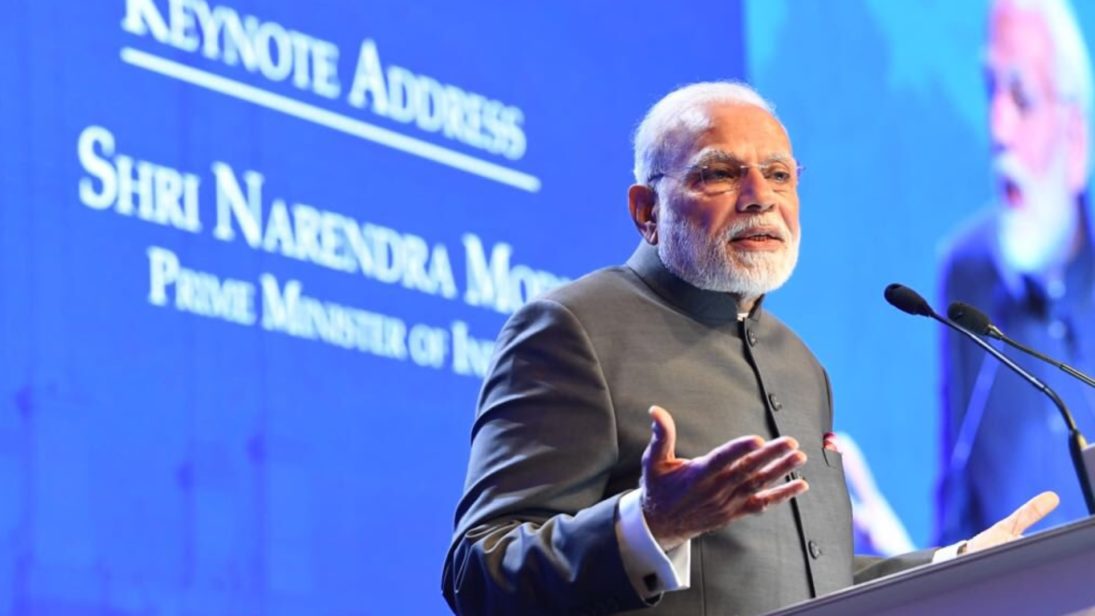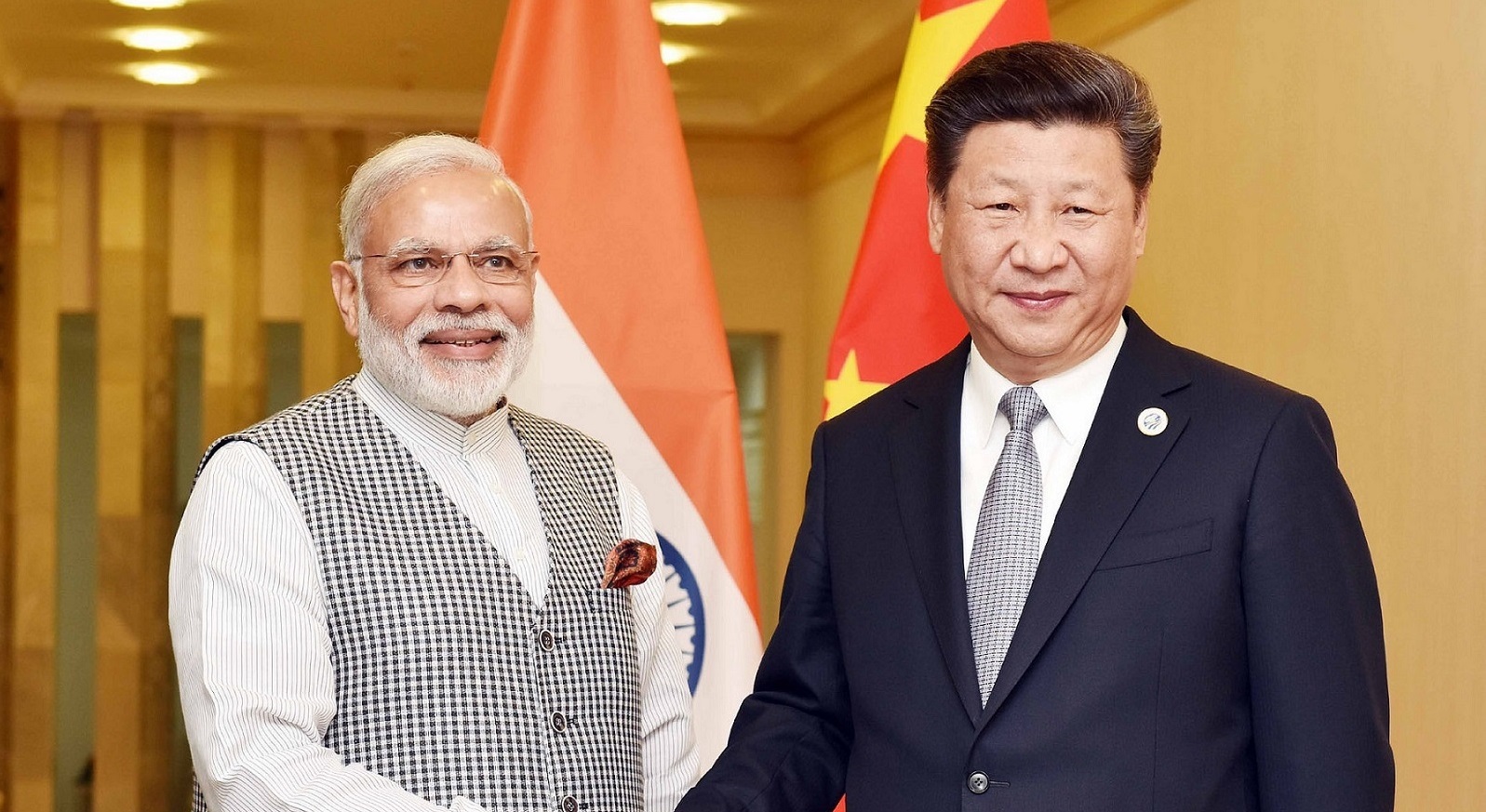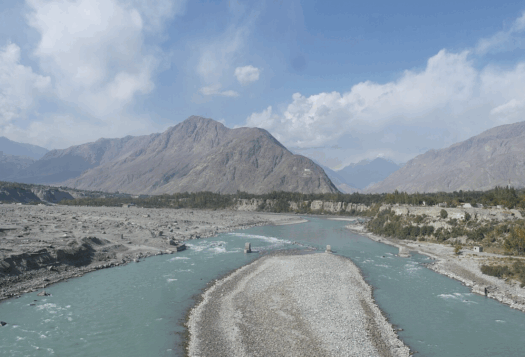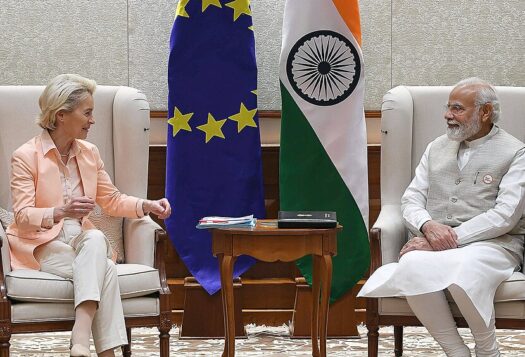
In yet another move indicating that Sino-Indian relations are improving after last year’s Doklam standoff, representatives of the two countries recently held discussions as part of the second India-China Maritime Affairs Dialogue, focusing on the Indo-Pacific region. This is particularly interesting given that India is a member of the Quadrilateral Security Dialogue or “Quad”, a sub-regional formation that also includes the United States, Japan, and Australia, and which came together largely to counter China’s growing influence in the Indo-Pacific. This dialogue also occurred shortly after India excluded Australia from its annual Malabar naval exercises, which includes the United States and Japan, for the second year in a row. By attempting to improve relations with China and hesitating to expand the scope of the Malabar exercise, India seems to be indicating that its vision for the Indo-Pacific diverges from that of the other Quad members.
The Dialogue
By attempting to improve relations with China and hesitating to expand the scope of the Malabar exercises, India seems to be indicating that its vision for the Indo-Pacific diverges from that of the other Quad members.
India and China held the inaugural Maritime Affairs Dialogue in 2016, where both countries shared perspectives on maritime security, international agreements such as the United Nations Convention on the Law of the Sea, and potential for cooperation in the maritime arena. The second iteration of the dialogue was scheduled to be held in 2017, but was called off due to the Doklam standoff. However, as seen in the slogans of mutual trust that resonated in the informal summit at Wuhan between Indian Prime Minister Narendra Modi and Chinese President Xi Jinping, both countries seem keen to reset ties. This year’s maritime dialogue, held on July 13, focused on the necessity of the dialogue itself while also emphasizing the need to strengthen maritime cooperation and development of blue economy. The renewed dialogue is seen as a sign of warming Sino-Indian relations even as New Delhi continues to be a member of the Quad, and India’s stance suggests it may be trying to balance between the two.
India, the Quad, and the China Factor
India’s decision to exclude fellow Quad member Australia from the Malabar exercises suggests a number of possibilities. First, India’s perception of Australia’s commitment to the Quad and of countering China might be holding New Delhi back. The Quad emerged as a regional grouping of India, the United States, Japan and Australia in 2007 to find ways to deal with the rise of a militarily and economically aggressive China but fell apart when Australia withdrew from the group—a move that many observers attributed to pressure from China. However, in 2017, Australia announced its interest in rejoining the Quad. India continues to remain doubtful of Australia for leaving the first iteration of the Quad in 2007, potentially explaining why New Delhi rejected Canberra’s request to join Malabar this year.

Second, India may be reluctant to antagonize China, especially if it’s unsure of Australia’s level of commitment, for economic reasons. India has a robust economic relationship with China–despite the Doklam standoff, 2017 saw Indo-China trade reach an all-time high of US$84.44 billion. And this relationship has immense potential to grow, which India may not want to jeopardize.
A disproportionate focus on the Quad or perception that it is India’s priority may not be in line with India’s Act East Policy or its larger vision for Asia.
And finally, a disproportionate focus on the Quad or perception that it is India’s priority may not be in line with India’s Act East Policy or its larger vision for Asia. During his address at the Shangri-La Dialogue in Singapore, Indian Prime Minister Narendra Modi stressed that India does not see the Indo-Pacific as a “club of limited members;” instead, it favors an open forum for states who have shared interests in the region. He also reaffirmed that India-China cooperation would benefit Asia as well as the world at large. Besides the Quad, India has also placed premium on enhancing its relations with Southeast Asian nations and smaller island countries, who are also significant stakeholders in the Indo-Pacific. Thus, India’s vision for the Indo-Pacific is evolving and is punctuated by a desire to maintain a balance between its relations with China as well as the Quad members and other countries in the region.
A New India-China Relationship?
In line with Modi’s Shangri-La address, the recent India-China Maritime Dialogue seems to be an effort on India’s part to “walk the talk” and advance bilateral relations with Beijing.
The Quad is more a nebulous framework at the moment than a strong organization with a shared vision, capable of countering China in the Indo-Pacific.
This dialogue comes at a point when the United States is focusing on balancing China through the Quad, while India, though part of the Indo-Pacific and the Quad, is visibly altering its approach towards China. India has been playing its diplomatic cards well, carefully managing and protecting its strategic autonomy and juggling between various stakeholders in the region. Through this dialogue, New Delhi has clearly signaled that it is keen on resolving bilateral issues with China through direct diplomacy, and not through military involvement with the Quad. These developments in the India-China relationship, as well as indispensable trade tie ups of other Quad members with China, indicate that the Quad is more of a nebulous framework at the moment than a strong forum with a shared vision, capable of countering China in the Indo-Pacific.
***
Image 1: Ministry of External Affairs, India via Twitter
Image 2: Narendra Modi via Flickr (cropped)


